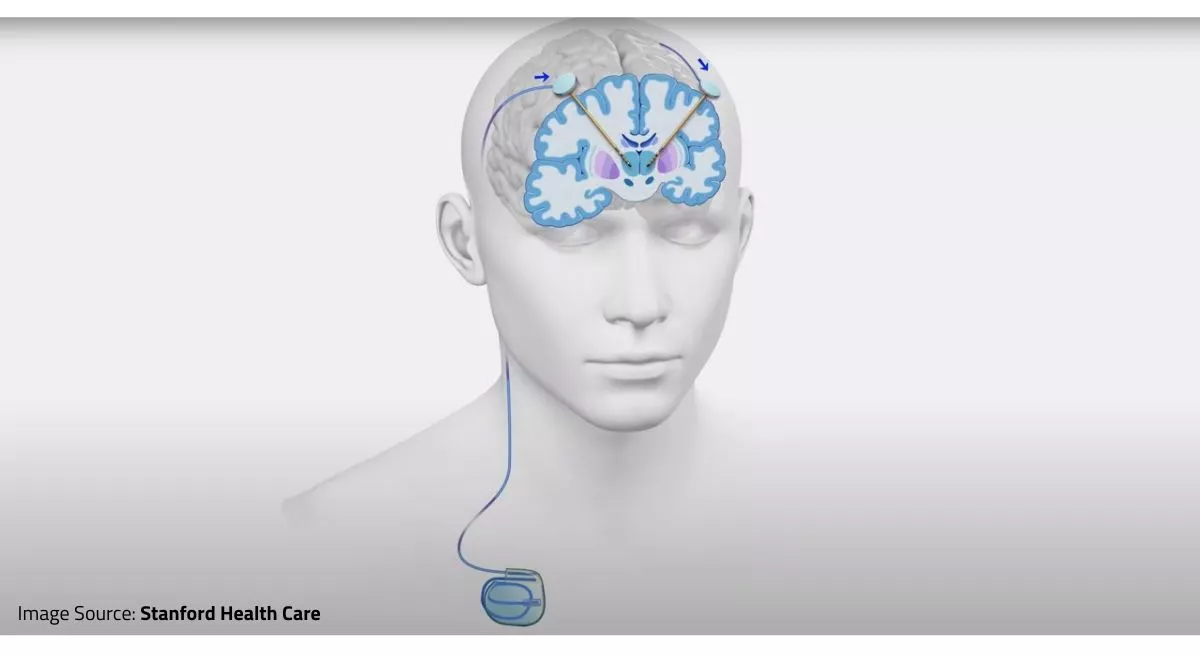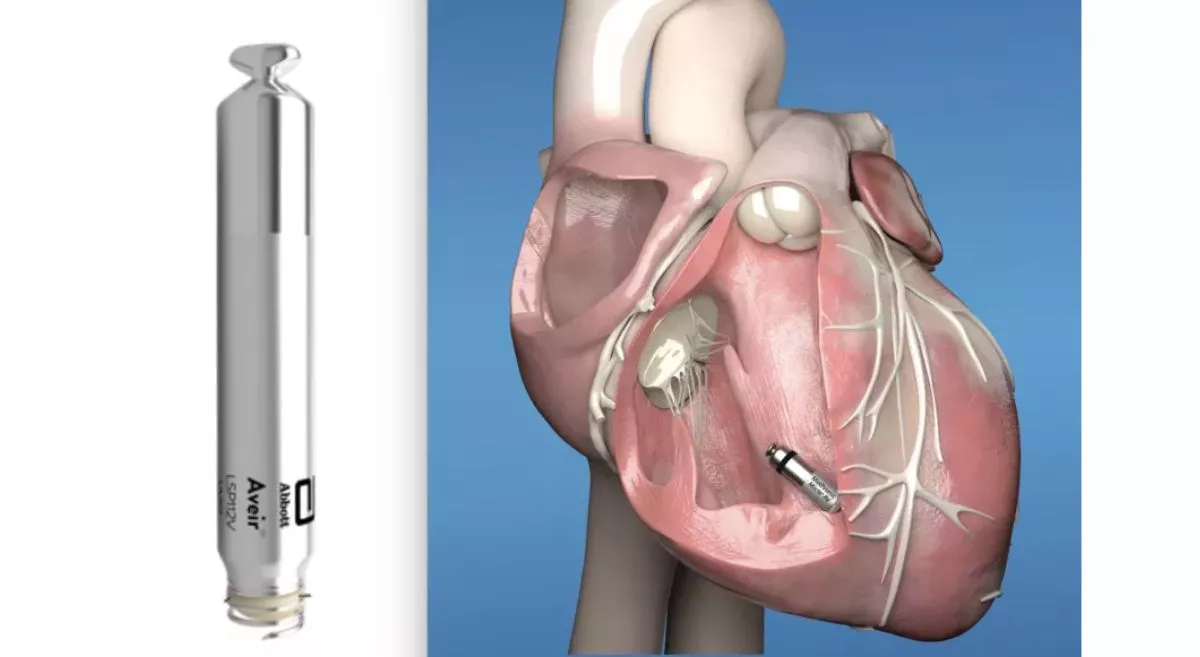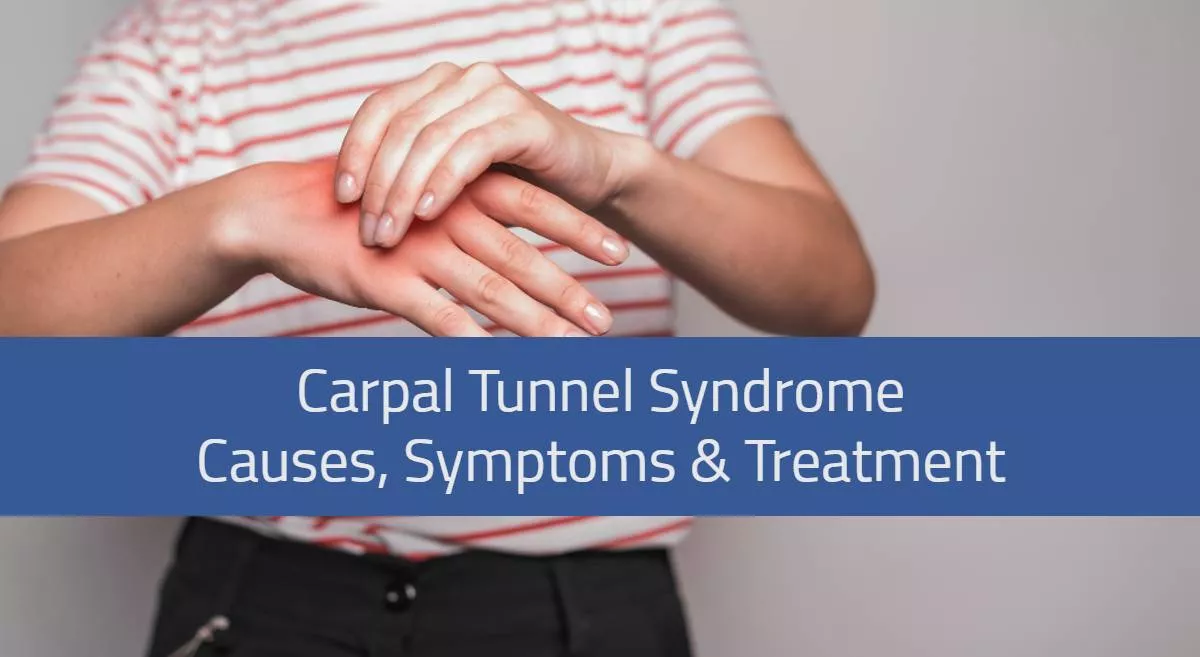The importance of the heart in matters of health cannot be overstated. The heart powers the circulatory system, which makes sure that all the organs and tissues in the body receive the oxygen they require by pumping blood throughout the body.
Sleep gives the body the chance to recover and rejuvenate, which is important for almost every element of physical health. Insufficient or interrupted sleep can affect blood pressure and increase the risk of heart disease, heart attacks, diabetes and stroke in the cardiovascular system. Therefore, getting enough sleep can contribute to living a heart-healthy lifestyle for those who already have heart issues and may help prevent harm to the cardiovascular system.
There is strong evidence that sleep disorders, such as sleep deprivation and fragmented sleep, are harmful to heart health. Sleep is necessary for the body's healing process. The non-rapid eye movement (NREM) sleep stages are characterised by a slowed heart rate, decreased blood pressure and stable breathing. These adjustments lessen the strain placed on the heart, allowing it to recuperate from the strain experienced when awake. Without enough sleep each night, a person doesn't spend enough time in the deep NREM sleep stages that are good for the heart. People who experience frequent interruptions to their sleep may experience the same issue.
Chronic sleep loss has been associated with a variety of cardiac issues, including high blood pressure, high cholesterol, heart attacks, obesity, diabetes and stroke, according to research on the subject.
Sleep and Coronary Heart Disease
Lack of sleep, according to research, causes atherosclerosis. Plaque develops as a result of inflammation, which causes white blood cells that the immune system produces to gather in the arteries. Chronic inflammation that is brought on by a lack of sleep causes artery hardening and the formation of plaque.
The effects of sleep on blood pressure are also thought to affect the consequences of sleep deprivation on coronary heart disease. The arteries are strained by hypertension, which makes them less efficient at delivering blood to the heart and consequently increases the risk of heart disease.
Sleep and Heart Attacks
Lack of sleep increases the probability of heart attacks. According to one study, those who slept for less than six hours each night had a 20% higher likelihood of having a heart attack. While NREM sleep promotes cardiac relaxation and recovery, REM sleep is more stressful and active. These stages can become unbalanced due to insufficient sleep, which raises the risk of heart attacks.
Heart attack risk has also been connected to sleep disruptions. Frequent sleep interruptions can lead to cardiac stress and may trigger a heart attack since both the heart rate and blood pressure might suddenly spike upon awakening.
Sleep and Heart Rate
The heart rate normally decreases throughout NREM sleep stages and then increases as you get ready to wake up.
A poor night's sleep, particularly sudden awakenings, can cause a sudden increase in heart rate. According to research, those who have trouble falling asleep are more prone to experience irregular heartbeats. These factors suggest that sleep deprivation and heart palpitations may be correlated.
Additionally, research conducted on senior citizens revealed that having frequent nightmares was significantly associated with having an irregular heartbeat.
Sleep and Obesity
Numerous metabolic and cardiovascular issues, such as hypertension, diabetes, high cholesterol, heart disease, heart attack and stroke, are closely correlated with being overweight or obese.
A higher body mass index or obesity is more common in people who sleep for less than seven hours every night. Lack of sleep or the presence of sleep disorders can lead to overeating and increase the desire for high-calorie foods. Sleep helps in regulating the hormones that influence appetite.
Sleep and High Blood Pressure
Blood pressure decreases by roughly 10–20% during sound, healthy sleep. Research has shown that this practice, known as nocturnal dipping, is important for cardiovascular health.
Poor sleep is linked to non-dipping, which is when a person's blood pressure doesn't drop at night due to a lack of sleep or sleep interruptions. According to studies, having high nocturnal blood pressure is associated with generalised hypertension (high blood pressure).
Heart failure and Sleep
Heart failure is more prevalent in those who exhibit other signs of poor sleep, such as symptoms of insomnia, daytime lethargy and snoring, among others. One's risk of developing heart failure increases with the number of symptoms of poor sleep they experience.
Sleep for People with Heart Disease
People with cardiovascular issues should prioritise getting enough sleep because sleep deprivation can affect the heart. According to some research, people who are already at high risk for heart attacks or other cardiovascular issues may experience fewer issues if their quality of sleep is improved.
Unfortunately, some cardiac issues might make it difficult to sleep. For instance, diabetes might make you urinate often at night, and other cardiovascular conditions can make it difficult to fall asleep due to chest pain. It can be challenging to relax and go to sleep regularly when you are worried or anxious about your heart's health.
It is best to discuss heart-healthy sleep with your doctor because several factors can affect both sleep and cardiovascular health. In addition to addressing other lifestyle aspects that are crucial for your heart and general wellness, such as nutrition and exercise, a doctor can assist in creating a customised strategy to improve your sleep. Aster is a top cardiology hospital in Bangalore, with specialised staff who are trained to serve you in the best possible way.
Tips for Good Sleep and Improved Heart Health
Even though there is no easy fix, following some advice can usually improve sleep for those who have cardiac issues.
- Develop relaxing techniques: If heart issues cause worry, they could keep your mind going when you'd rather fall asleep. For those who struggle to fall asleep due to pericarditis (inflammation around the heart), heart disease or other cardiac conditions that produce chest pain, methods like deep breathing, yoga, gentle stretching and mindfulness meditation are just a few helpful strategies.
- Establish a regular sleeping schedule: One of the most effective methods to promote sound and consistent sleep from night to night is to keep your bedtime and wake-up time consistent every day.
- Establish a pleasant bedroom: Make sure the bedroom has a comfortable mattress and pillow, a comfortable temperature and as much silence and darkness as you need to create the ideal sleeping environment for you.
- Avoid sleep-interfering substances: It is better to steer clear of alcohol and caffeine after midnight. Experts advise against using electronic gadgets for at least an hour before bed because prolonged usage of them, including your cell phone, can disrupt your sleep cycles.
These suggestions and other aspects of good sleep habits can lay the groundwork for better sleep by forming routines that make it simpler to acquire the necessary amount and quality of sleep.
FAQs
How many hours of sleep is recommended for an adult?
On average, 7–9 hours of sleep per night is recommended for optimal functioning.
Is there a correlation between sleep duration and cardiovascular abnormalities?
Yes, studies have found that a lack of sleep or poor quality of sleep can lead to an irregular heartbeat, heart attack, etc.
How do I know if I’m not getting enough sleep?
Signs of inadequate sleep are grogginess, trouble concentrating, being lethargic throughout the day, irritable mood, etc.
What doctor should I consult for getting a diagnosis of a sleep disorder?
You should consult a sonologist who analyses your sleep patterns and bodily functions to arrive at a diagnosis best suited for your predisposition, after which you could consult a cardiologist to gain a better understanding of how sleep is affecting the health of your heart.
















